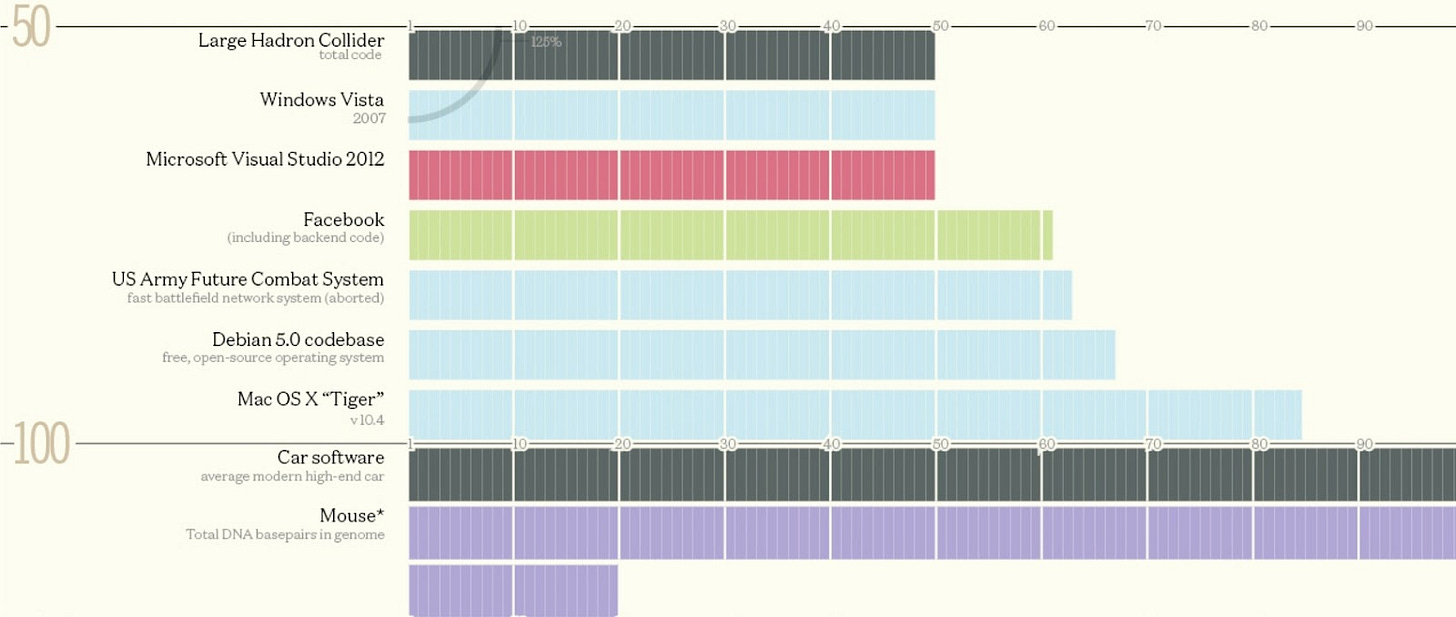The Might of Software
Could it help crypto escape the securities laws?
Imagine the following fictional dialogue between a judge and an attorney defending their client who was charged with a DUI:
“Your Honor, we don’t agree that my client was driving under the influence.”
“Counsel, are you suggesting that your client was not under the influence of alcohol?”
“No, Your Honor, we are not suggesting that. As the tests have shown, my client was indeed under the influence of alcohol, we are not contesting that point.”
“Ok. What are you contesting then?”
“Your Honor, the DUI statute does not apply because my client was not driving a vehicle.”
“Counsel, what do you mean your client wasn’t driving a vehicle? He was in a car controlling the steering wheel, and the car was in motion when he was pulled over. Is any of this incorrect?”
“All of that is correct, Your Honor, except I disagree with the characterization of the car as a vehicle.”
“I’m not following, Counsel. A vehicle is something intended to transport people, is it not? How is a car not a vehicle? If not a vehicle, what is it?”
“Your honor, it is just code.”
“What do you mean just code?”
… [proceeding with evidence-related steps]
“Your Honor, I would like to submit a third-party study by KPMG into evidence. According to this study, the average car contains more than 150 million lines of code.”
“Ok. Why is that relevant, Counsel?”
“Your Honor, my client was not driving a vehicle; he was simply interacting with code.”
“Interacting with code?”
… [proceeding with evidence-related steps]
“Your Honor, I would like to submit an infographic into evidence. According to this infographic, the average modern, high-end car today has twice the lines of code than Microsoft Windows (Vista).
“Does it, really?”
“Yes, Your Honor. Nobody has ever suggested that Microsoft Windows (Vista) is not software. And since an average car has more lines of software in it, the average car is essentially a piece of software, not a vehicle. It would be absurd to consider Microsoft Windows (Vista) as software, but conclude that an object with even more lines of code is not.”
“Alright, thank you Counsel.”
Do you think this defense argument stands a chance? We suspect that most of you will say that it will not work.
Why, then, should the argument that crypto tokens are just code, and thus, not securities in and of themselves, work?




